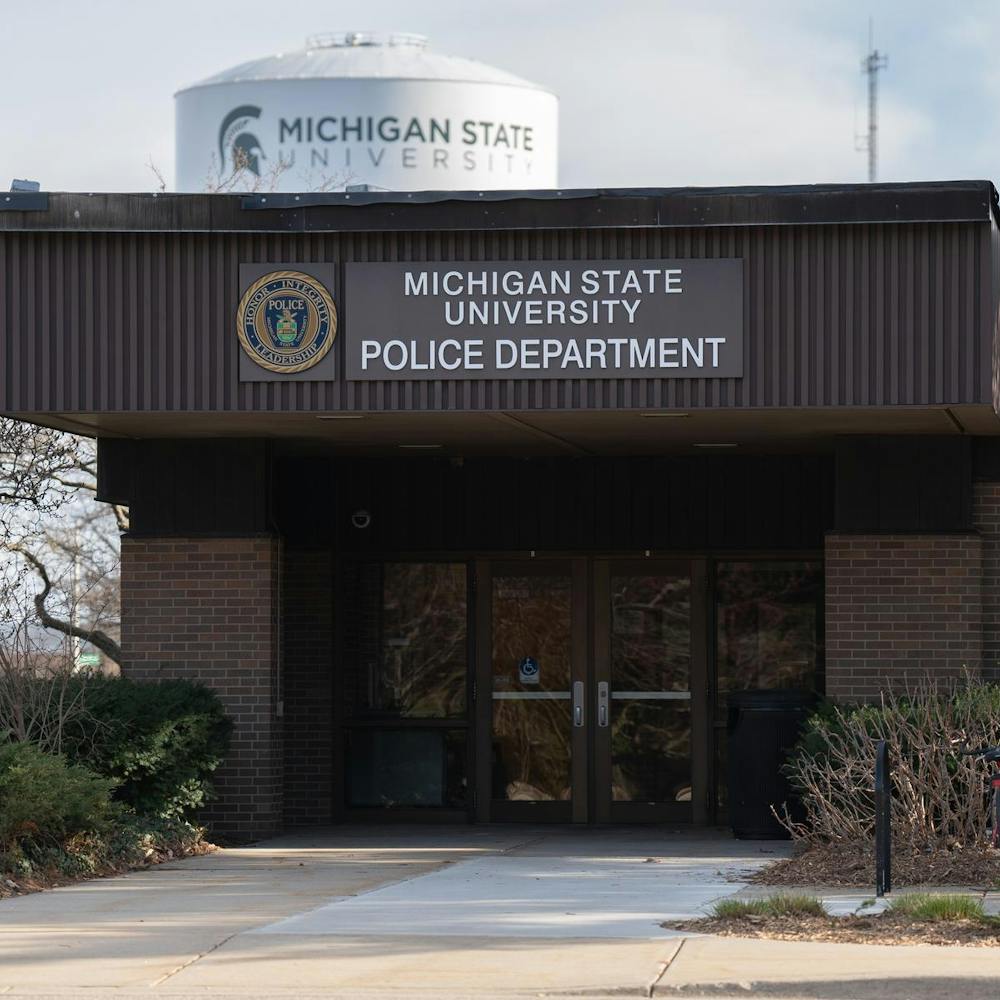This just in: News is not objective. Don’t get me wrong; for the most part, news stories are objective in nature, but not the objective described by Merriam-Webster, as “expressing or dealing with facts or conditions as perceived without distortion by personal feelings, prejudices or interpretations.”
We strive, as The State News opinion writer Dan Faas put it, “… To report the facts, God’s honest truth, just the way it is.”
True, but we also have to choose which facts we report. We gather information, then we find opinions and reactions.
We try to choose neutral voices and only the most relevant opinions. For stories involving politics it is best to choose an informed voice that is nonpartisan — more objective — to sound off on the subject.
We exercise our best judgement when choosing quotes and sources, then we create a narrative for the reader.
But in doing so, we sacrifice a measure of our objectivity. Narratives have direction, they aren’t a list of facts. We craft facts to tell stories.
Ninety-eight percent of the time, overcoming bias or judgemental feelings is easy. The other 2 percent of the time is the problem. Usually, these moments happen when a reporter knows someone is lying, but can’t get enough hard facts to expose the lie. Then there are instances where prior facts form a pattern.
When I worked for The Lookout — Lansing Community College’s student newspaper — I spent some time covering the college’s search for a new president. For those who don’t know, situations like that are exactly what objectivity was made for.
On a regular basis we would receive information on candidates — some personal, some professional — and have to decide what was relevant to the situation.
I want to say we made our choices objectively, but I can’t really be sure. We didn’t use information pertaining to personal life because most of it couldn’t be corroborated and the rest was deemed inconsequential.
We exercised discretion, but who’s to say what really is irrelevant to a news story? Those details may have been exactly what some readers were looking for. Perhaps the personal flaws of some candidates were more pertinent than we thought.
When journalist and current Wayne State University professor Jack Lessenberry spoke to my editorial class at LCC, he made a point to tell us every decision had a history behind it. Our job was to find it. Unfortunately, history is reactive. Even good historians have to take seemingly random moments and choose which ones most likely explain the end outcome.
In this sense, journalists and historians are the same; we try to make sense out of nonsense. The LCC presidential search gave me one such opportunity.
At one point during the search, a committee was convened with the sole purpose of recommending candidates to the LCC Board of Trustees. Previously, there had been some worry that the board’s public demeanor would have a negative effect on the number of qualified candidates LCC could attract.
By the end of the meeting, only two candidates managed to garner more than 50 percent of the committee’s vote. Of those two, one was the well-liked interim president. The committee ended up recommending all four, despite some members feeling that not all four were qualified.
At that point I was in the position of putting together a story that accurately represented what had happened.
The meeting itself was relatively benign, though there were moments of intense disagreement. The only event of consequence to speak of was the selection of the four candidates.
Yet, in my mind, there were facts that painted another picture; one of a presidential search with few qualified applicants. It was my choice to decide whether to use them or not.
This was my lede: “The fear that dissension among board members would hurt chances of attracting highly qualified presidential candidates to LCC may have finally come to pass.”
It could have easily been: “The search for LCC’s new president came closer to its conclusion as the search committee narrowed the field of candidates down to four.”
Support student media!
Please consider donating to The State News and help fund the future of journalism.
Was I editorializing? I didn’t think so, but then I was relatively new at my job. What I thought I saw was a set of facts that fully explained the story. So I made a judgement call.
(The article is here if you want to read it: www.lcc.edu/lookout/archive/2007-08/issues/issue11.aspx)
As reporters, we aren’t simply people who regurgitate facts. We gather information and test its veracity. Our job requires that we interpret and shape information — contextually and factually — for the reader.
Our job is to tell stories, to make facts relevant, but never to skew them.
We have a code of ethics because our jobs require us to decide not only what is essential, but pertinent.
After that, it’s up to the reader to decide.
David Barker is a State News staff writer. Reach him at barkerd@msu.edu.
Discussion
Share and discuss “Journalists can't avoid shaping news” on social media.






